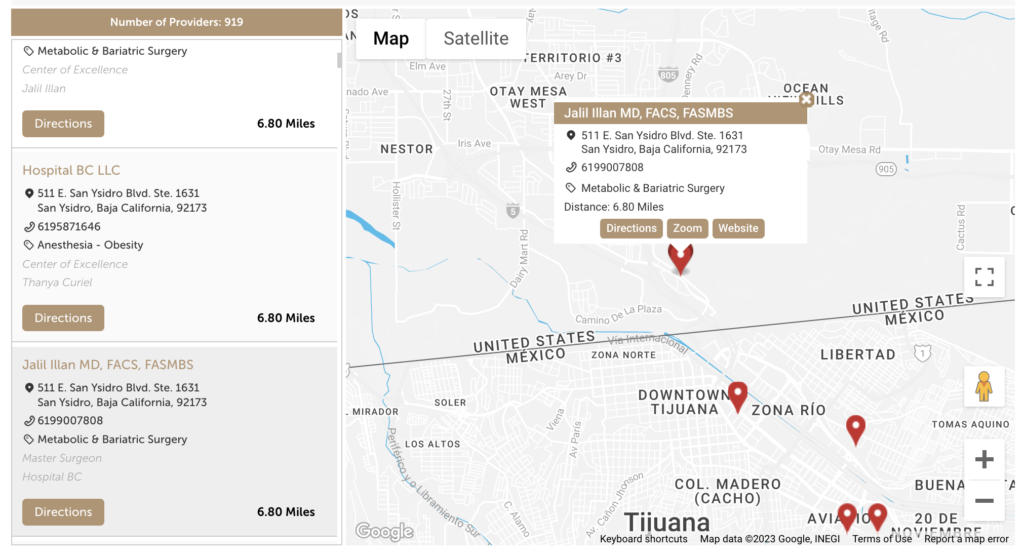For most obese patients, diet and exercise will be enough to lose enough weight to vastly improve health outcomes. However, it’s not effective for everyone, and many obese patients report trying time and time again to lose weight on their own or with a trainer or dietitian.
Bariatric surgery came out as a surgical innovation in the mid 20th century for obese patients that were suffering from ill health as a result of their advanced weight. A bariatric clinic will typically see a patient and decide whether or not they’re a good candidate for surgery.
Weight loss surgery, however, is not a decision to be taken lightly. It could help you if you’re a severely obese person with a history of health issues stemming from the obesity. But it also has a cost associated with it, and this cost isn’t just referring to the money.
Why Get Bariatric Surgery?
The bariatric advantage is that the surgeries completely change the way food is digested and absorbed. Gastric bypass and gastric sleeve surgeries change the size and shape of the stomach while reattaching it back to the small intestine. This reduced stomach volume causes patients to be unable to eat the amounts of food that they were eating.
Bariatric surgery patients typically see an improvement in their health after recovery. If they suffer from Type 2 diabetes mellitus, it often goes into remission. Their blood pressure problems often disappear, some patients finding that their doctors stop their blood pressure medication.
What Are The Options?
Gastric bypass is the original bariatric procedure, and has multiple different forms. The basic gastric bypass (or Roux-en-Y) takes the stomach, forms a small egg-sized pouch within the stomach, cuts off the rest of the stomach from the pouch, and reattaches the stomach pouch to a lower part of the small intestine, bypassing that part of the intestine. Recommended for patients who are BMI 35 or above.
Gastric sleeve takes the stomach and reshapes it into a tube. This procedure also removes a part of the stomach responsible for producing ghrelin, a hormone that signals hunger.
Lap Band® surgeries use a band to shrink the size of the stomach.
There are other options, as well, such as biliopancreatic diversion and mini gastric bypass surgeries; ask the surgeon about them if you want to learn more.






